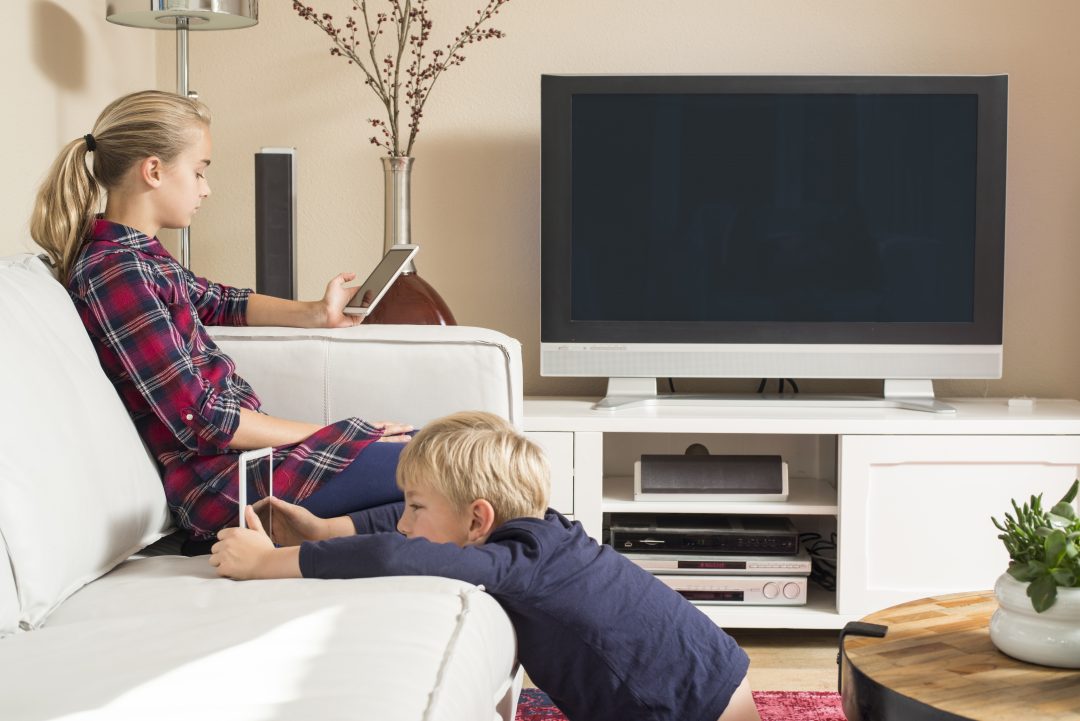Dealing with Attitude in Tweens: Tips for Parents
Categories: General Parenting
(3 minute read)
Tweens are delightful. The eye-rolling, the door slamming, the exasperated way they speak to parents as though we are simply beyond reason. The way they vacillate wildly between lighthearted child and world-weary teenager.
Mood swings, friendship dramas, eyes glued to phones and a sudden distance between you and them. Then, of course, there are the lovely bits in between where you get glimpses of the person they’re becoming and it makes your heart sing with the wonder of it. It’s quite the roller coaster, and you’d be forgiven for wanting to just get off, some days. But, kids don’t work that way, so here’s how to hold on for the ride as best you can:
- Understand it’s not personal
When your tween is, um, not at their best, they might say some pretty unpleasant things to you, then blame you for their behaviour. It’s really important to remember that it’s not personal, as much as it may feel like it is, says ParentTV expert and psychotherapist, Susan Stiffelman.
Her suggestion? Write the letters ‘A’ and ‘I’ on post-it notes and stick them around the house where you’ll see them often. The letters stand for amused and indifferent, and they’re there to remind you how to respond when your tween’s being unreasonable.
Rather than diving in and reacting out of anger or hurt (which would escalate the situation), stand back and hold your fire. Remind yourself that it’s not actually about you, don’t take it to heart and don’t take it on board.
- Recognise that it’s developmentally appropriate
‘Tweens have a developmental imperative to separate and individuate from you, their parents, it’s pre-programmed.’
SUSAN STIFFELMAN
So, when they act embarrassed about how you dress, they ridicule your taste in music, talk over you with their own opinions or make snide comments under their breath, it’s actually a normal part of their developmental process, as frustrating as it is.
The tween and adolescent years are a time when kids start to form their own identity, and this sometimes means they define themselves by how they’re different to you. Or how they think they’re different, anyway…
- Choose to let it go
Sometimes, we want to jump on every little negative thing our tween says or does and pull them up on it. When we do this, it’s usually because we believe that correcting them will teach them the right way to behave. This might be true in some circumstances, but not when it’s happening multiple times a day.
Have you ever had a boss who pointed out every mistake you made, no matter how trivial? It’s not an especially effective strategy for changing behaviour and it can be pretty damaging to your relationship with the other person, too. So, when you’re having a hard time with your tween’s attitude, it’s worth considering whether you can let some things go, for the sake of your connection.
This doesn’t mean you have to put up with endless disrespect, but it does mean you have to choose your words and your battles carefully.
- Separate your relationship from your rules
When they tell you they hate you, you’re the worst parent in the world and you don’t understand anything, it can be really hurtful to hear. So, rather than focussing on what they’ve said to you, reflect on the last thing you said to them, suggests ParentTV expert, social worker and teacher, Rachel Doherty.
Did you set a limit? Correct them? Say no to something? That is what they’re fighting against, more than you, and separating your relationship with your tween from the rules for your home helps to keep things civil.
‘Kids need to understand that your love for them and your interest in their lives goes way beyond what they say or do. They need to get that the rules for your home are a part of the environment you live in, not a part of you.’
RACHEL DOHERTY
To do this, let them be involved in developing the rules. It’ll give you a greater chance of opt-in and they will feel heard and respected.
- Live by the same rules as you give them
In case you haven’t noticed, tweens are pretty concerned with fairness. This is the age when they start to nose out hypocrisy, double standards and arbitrary rules, and these things really get to them. That’s why it’s important to hold yourself to the same standards as them, says Rachel Doherty.
‘They need to see that the rules you’re making are reasonable and work in the real world. While you might not want to put your own phone down by 9pm every night, it’s good if they can see you do so, at least some of the time.’
RACHEL DOHERTY
For this same reason, it’s also vital to follow through on consequences and make it clear if we’re making a deliberate exception to a rule rather than just ignoring it. For a tween, that is unforgivable behaviour!
- Give them some grace
Rather than correcting or criticising them, try just giving your tween an opportunity to change their tune, says ParentTV expert and parenting author, Michelle Mitchell. ‘Sometimes, if they’re feeling argumentative or you don’t like the direction the conversation’s heading in, you could try saying, ‘‘I need a hug,’’’ Michelle says.
‘This acts as a circuit breaker and refocuses your attention and theirs on what’s actually important, your connection.’ Another way to do this is to say ‘Let’s start over,’
MICHELLE MITCHELL
This helps kids wipe the slate clean when they’re being grumpy, and allows them to adjust their behaviour without feeling shamed.







